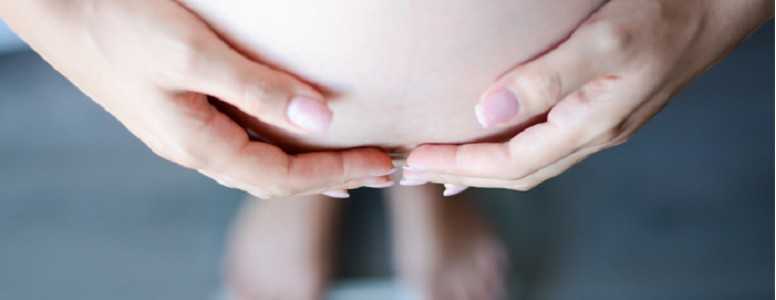Women who adopt a low-carb lifestyle can increase their fertility chances by five times, according to experts.
Fertility specialists have also found that eating high amounts of refined carbohydrates, such as white bread and breakfast cereals, can damage conception chances.
Dr Gillian Lockwood, executive director of fertility group IVI, in Tamworth, told the European Society for Human Reproduction and Embryology conference last week that leading doctors are now advocating significant dietary changes to improve the chances of conceiving.
“I tell my patients that if they are going to have toast for breakfast, then that is their carbs for the day. They cannot then have a sandwich for lunch and pasta for dinner,” she said.
“They should be eating plenty of fresh vegetables and protein and limiting their carbohydrate intake to just one group and portion a day.”
Lockwood highlighted one US study of 120 women undergoing IVF who were split into two groups. 58 per cent of those eating low-carb went on to successfully give birth, while only 11 per cent of couples eating high-carb went on to have a baby.
She added that British fertility experts are now teaching diet classes for infertile couples, with lessons including nutrition and cookery classes.
Grace Dugdale, a reproductive biologist at Leeds Fertility, which is leading the schemen, said: “People should be cautious of the refined carbohydrates in white bread, pasta, cereals, biscuits and cakes because their simpler molecules break down more quickly in the body, causing a spike in blood sugar.
“A woman’s eggs are very large cells with a high number of mitochondria, so their quality is affected. Poor diet that includes refined carbohydrates can also affect male fertility by damaging the DNA in sperm. This affects sperm motility, their ability to swim, their morphology, or the shape which makes them good swimmers, and the sperm count, or how much sperm is produced.”
A low-carb diet has been shown to reduce dependency on medication in people with diabetes, and even help those with type 2 diabetes reverse the condition. For more information on eating low-carb, check out the Low Carb Program – a 10-week course that teaches about nutritious eating and living healthily.
What's new on the forum? ⭐️
Get our free newsletters
Stay up to date with the latest news, research and breakthroughs.







